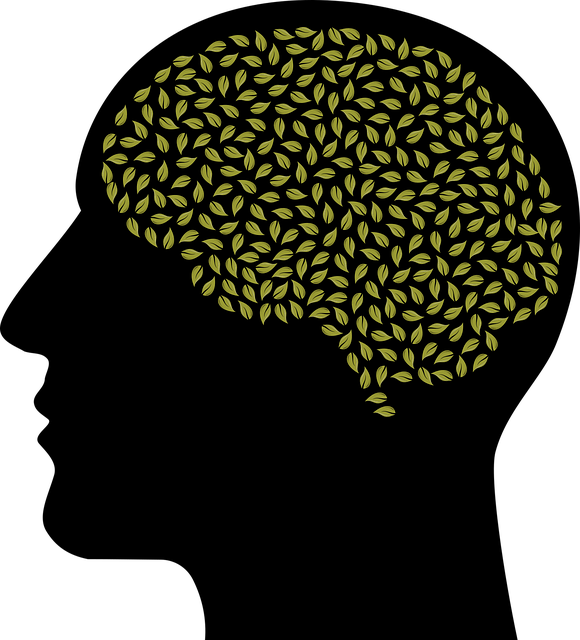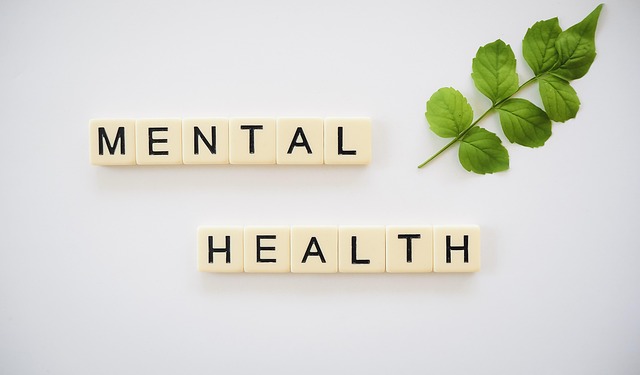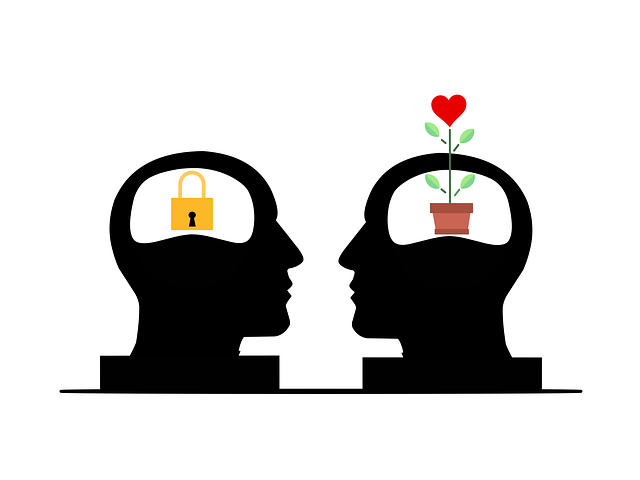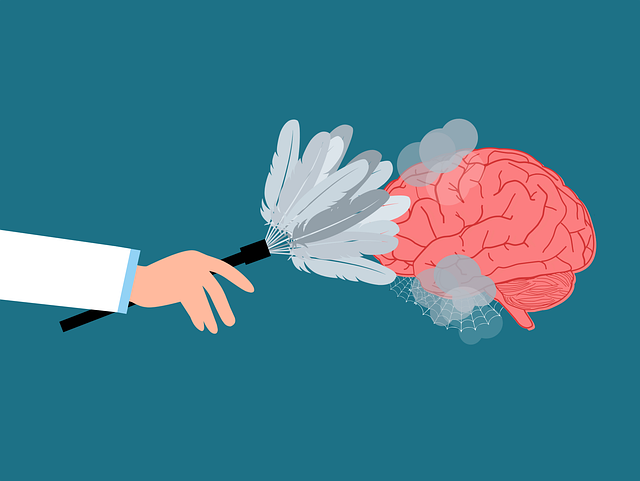Mindfulness meditation emerges as a potent therapy for young adults with Conduct Disorder, offering tools to manage impulses, anger, and stress (Therapy for Young Adults Conduct Disorder). By enhancing self-awareness and promoting positive social interactions, it complements traditional treatments. Starting with daily 5–10 minute sessions in quiet, comfortable spaces, individuals learn to observe thoughts and emotions without impulsive reactions, leading to improved interpersonal relationships and emotional regulation. This holistic approach fosters empathy and well-being through community support and guided apps or local groups, addressing unique challenges of young adults with Conduct Disorder.
“Unwind your mind and embrace a transformative journey with mindfulness meditation—a powerful therapy for young adults navigating conduct disorder. This comprehensive guide delves into the benefits of mindfulness, offering a roadmap for those new to meditation. From understanding its foundational concepts to practical techniques and everyday integration, we explore effective strategies.
Learn how mindfulness can be a game-changer in managing conduct disorder, promoting self-awareness, and fostering positive change. Discover the step-by-step process to begin your meditation practice and unlock a calmer, more focused you.”
- Understanding Mindfulness and its Benefits for Young Adults with Conduct Disorder
- Preparing for Your First Meditation Session: What to Expect and How to Get Started
- Techniques and Exercises for Effective Mindfulness Meditation Practice
- Integrating Mindfulness into Daily Life: Tips and Strategies for Long-Term Success
Understanding Mindfulness and its Benefits for Young Adults with Conduct Disorder

Mindfulness meditation has gained recognition as a powerful tool to support young adults facing challenges like Conduct Disorder. This ancient practice focuses on training the mind to be fully present in the current moment, fostering awareness and non-judgmental observation of thoughts and emotions. By integrating mindfulness into their routines, individuals with Conduct Disorder can learn to regulate impulses, manage anger, and improve decision-making skills. Research suggests that mindfulness practices enhance self-awareness, reduce stress, and promote positive social interactions, which are particularly beneficial for young people struggling with conduct issues.
The benefits of mindfulness extend beyond personal growth. For young adults with Conduct Disorder, it can serve as a form of therapy, complementing traditional treatment approaches such as Social Skills Training and Crisis Intervention Guidance. By cultivating mindfulness, they gain valuable coping mechanisms to navigate emotional challenges, preventing potential crises and reducing the risk of burnout, a common concern among healthcare providers supporting these individuals.
Preparing for Your First Meditation Session: What to Expect and How to Get Started

Preparing for your initial meditation session can feel both exciting and daunting, especially if you’re new to mindfulness practices or dealing with challenges like Conduct Disorder. Remember that everyone’s journey starts from different points; there’s no ‘one-size-fits-all’ approach when it comes to meditation. Begin by setting aside dedicated time each day—even just 10 minutes—in a quiet, comfortable space where you won’t be disturbed. Find a position that supports your body and allows for relaxation: this could be sitting cross-legged on the floor, or using a chair with your feet flat on the ground.
Focusing on your breath is a common technique to anchor yourself in the present moment. Notice the sensation of air flowing in and out as you breathe naturally. When thoughts intrude—which they often do, especially for young adults navigating therapy for Conduct Disorder—gently acknowledge them without judgment and bring your attention back to your breath. This process itself is the practice; it’s about cultivating patience and non-judgmental awareness, skills that can be incredibly beneficial in managing mood and preventing burnout, even beyond the healthcare provider cultural competency training realm.
Techniques and Exercises for Effective Mindfulness Meditation Practice

Mindfulness meditation involves various techniques and exercises designed to help individuals cultivate present-moment awareness. One popular method is focused breathing, where practitioners pay close attention to their inhalation and exhalation, observing the rhythm of their breath without judgment. This simple yet powerful exercise not only calms the mind but also helps in managing stress and anxiety, which are common challenges faced by young adults with conduct disorder (CD).
Community outreach program implementation has shown promise in fostering empathy building strategies within this demographic. Mindfulness meditation can be integrated into such programs to enhance emotional regulation skills. By regularly engaging in mindfulness exercises, young adults with CD can learn to observe their thoughts and emotions without reacting impulsively, thereby improving interpersonal relationships and overall well-being. This holistic approach combines therapeutic techniques with community support to create a nurturing environment conducive to personal growth.
Integrating Mindfulness into Daily Life: Tips and Strategies for Long-Term Success

Integrating mindfulness into daily life is a powerful step towards enhancing mental well-being, especially for young adults navigating challenges like Conduct Disorder. This ancient practice has gained modern relevance as a therapy for various mental health concerns, including anxiety relief and emotional intelligence development. For long-term success, consistency is key; incorporate mindfulness exercises into your routine, whether it’s a few minutes of breathing awareness upon waking or mindful eating during meals.
Start small, perhaps with just 5–10 minutes daily, and gradually increase as you become more comfortable. Consider using guided apps or joining a local mindfulness group for support and accountability. Regularly assess your progress and be kind to yourself; it’s normal to have ups and downs. Remember, integrating mindfulness is not about achieving perfection but about cultivating a deeper connection with the present moment, which can lead to improved emotional regulation and overall mental health, even when facing a risk assessment for mental health professionals.
Mindfulness meditation offers a powerful tool in the therapy for young adults with conduct disorder, helping them gain better emotional regulation and improved decision-making skills. By integrating mindfulness into daily life through consistent practice, individuals can foster a deeper sense of self-awareness and compassion, leading to lasting positive changes. The techniques and strategies outlined in this guide equip readers with the knowledge and confidence to embark on their mindfulness journey, ultimately enhancing their overall well-being.














